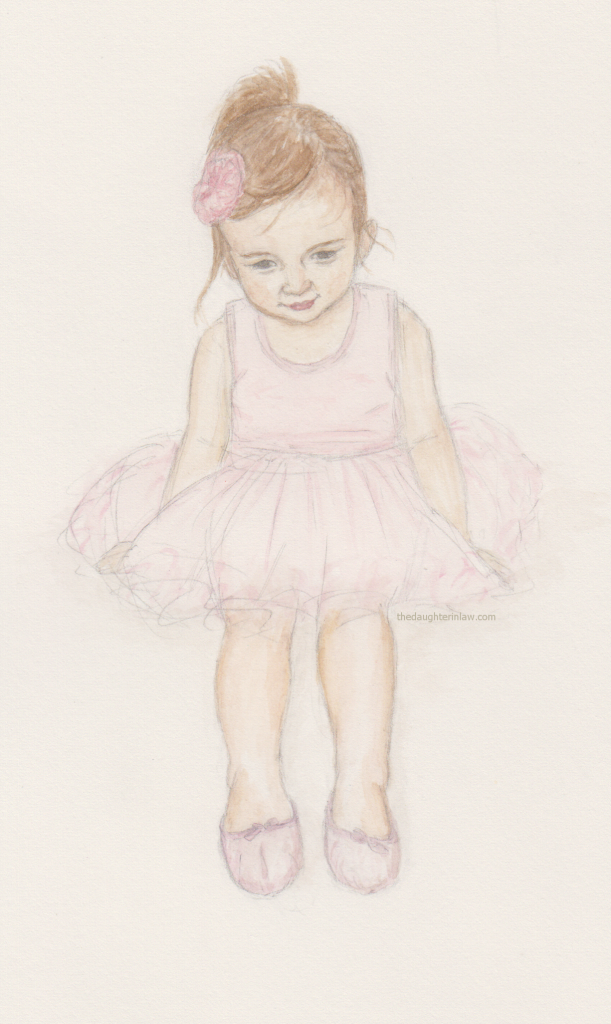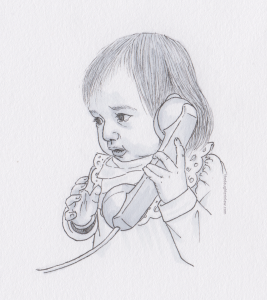
I started taking Alice to a Korean Community playgroup when she was 7 months old.
The playgroup was a revelation when I first found it. Our local area had one Japanese restaurant, two Chinese restaurants. No Asian or Korean supermarket, no Korean children for Alice to meet. Alice and I were just back from her first trip to Korea and I started wondering how it would be possible for her to learn Korean, given our circumstances. To that point, I had been speaking to her in English, Han worked long hours and finished late. I searched online in English and Korean, and came up with a lot of out dated information. Community lists from 2008 and 2011, dead links. Finally I found reference to one playgroup that was close by, with just an address and phone number.
To our surprise and great fortune, when Han entered the number to his phone to call, it turned out it was already saved in his contacts list- she was a mother who’s family Han had once boarded with. Consequently we were warmly welcomed to the playgroup and I think we may have even bypassed a waiting list to get in.
Because we had few other resources, I’ll admit I had huge hopes for what we could get out of going to playgroup, and some of those were satisfied.
The most significant benefit of playgroup was a captive environment in which to listen to other mothers speak Korean to babies and toddlers in various play situations. This was hugely helpful for me as I transitioned to speaking Korean to Alice over the course of that summer*
What I could not get from playgroup was a lot of input from Korean native speakers to Alice. The other children were either too young to really play and talk, or were old enough that they were already attending daycare or preschool and learning and using English as a preference. The mothers, quite understandably, saw playgroup as a social opportunity to spend time with other Korean mothers, so I couldn’t really ask them to go out of their way to talk to Alice. Also, many of them could not grasp the fact that the child of a white mother would understand Korean at all, and simply spoke English to her.
The playgroup’s management changed and we continued to attend semi-regularly, and I did enjoy the social outlet, and Alice, the access to toys that were different to what we had at home. But since moving, it has proved a little difficult to get to, as I don’t drive.
A few months ago I saw a notice for a Ballet class which is held at a local newspaper office’s 문화센터. I’ve been waiting for Alice to reach the 30 month minimum age for entry, but luckily after Han called, we were allowed to start her just a tad early (a little shy of 29 months)
The class is conducted in Korean language, and despite some of the older girls being quite fluent at English, they all caught on quickly that Alice only speaks Korean, so they all speak Korean to her.
This put me in a position to do something that I have been a little unsure about for a while now, but having made the decision, I am sure it was the right one for us- we stopped going to Korean playgroup.
With limited opportunities for Korean language based programs (especially in the infant to pre-school age) it sometimes feels like if you are not joining everything you can, then you aren’t doing enough. That you might be failing your child.
I know I have felt that way.
The biggest lesson for me is that the best programs for supporting Korean language development may not be the obvious ones. I started my search thinking I needed to find a playgroup or a preschool. These are strangely uncommon here, even in suburbs with large Korean populations. But my local area has art classes, ping pong and other sports, even a robotics class, all conducted in Korean language.
If a program is not delivering the language outcomes you want, and the child is not obviously enjoying it, keep looking and find something else.
Ballet has actually been really interesting for me, since I never danced as a child. The first few sessions, Alice was more interested in the room than the class, and needed a lot of help to participate. Then suddenly on the fifth lesson, she started following along, watching the teacher carefully, noticing the significance of foot position, and chanting along the names of the arm and foot positions as the group performed them. I often take notes from the side lines of vocabulary and expressions that are used in class, and then we use them to practice at home. Her growing love of ballet is incidentally keeping her in a good environment for language aquisition, and consistently attending classes (she asks to go every day of the week, leading up to the class on Thursdays) is helping her build social skills and reinforcing her sense of purpose for Korean. It’s a really nice extention of what we do at home, and in our every day life, to teach her.
If you’re also struggling to find local Community language opportunities and resources, here are some suggestions (you may need to search in Korean to get results):
-Library – look out for multilingual collections, children’s programs or story times
-Saturday language schools, often held at church venues
-Korean language Preschool
-Preschool/School with language immersion programs or LoTE programs
-Korean Family Daycare
-Korean baby sitter/nanny
-Language Exchange (I’ve previously arranged exchanges where the partner will speak Korean with Alice and in exchange I help them with English. A more ideal exchange might be with a Korean parent and their child)
-Korean playgroups
-Sports/Dance/Art classes
-Interractions with hair dresser/mart/cafe in local community
-Community book store
-Temple/Church
-Korean government initiatives, for example Sydney has the Korean Cultural Office and Korean Education Centre
Once you find something that you think might be appropriate for your child, be sure to check that the program is run in Korean, or what proportion of Korean is used. Some classes may be targetted to the Korean community and advertised in Korean language, but then have a focus on English.
*Australian summer is November – January

 Alice and I have been staying in Korea for the last month or so, trying to soak up as much Korean language from Han’s family as we can before Alice turns two.
Alice and I have been staying in Korea for the last month or so, trying to soak up as much Korean language from Han’s family as we can before Alice turns two.